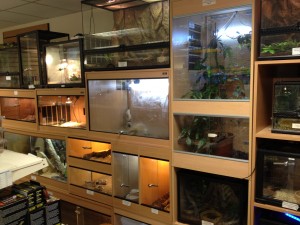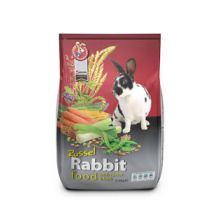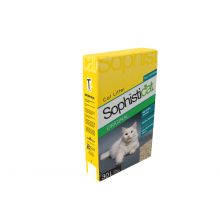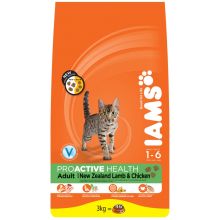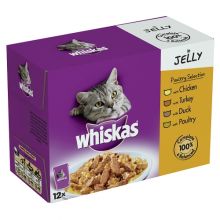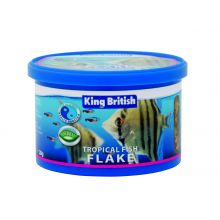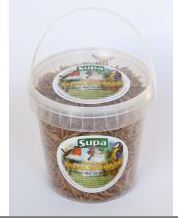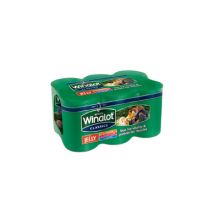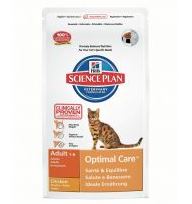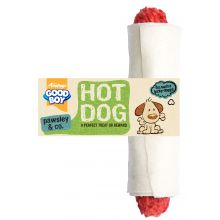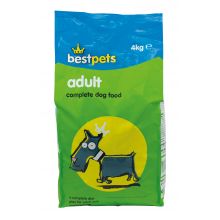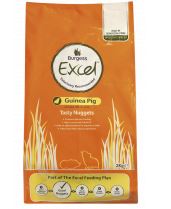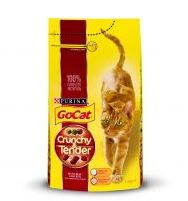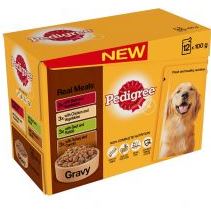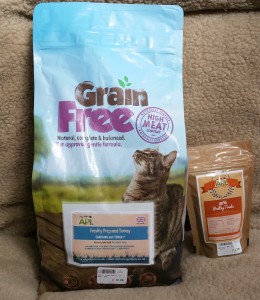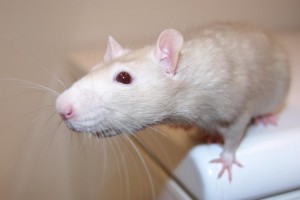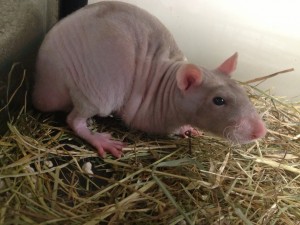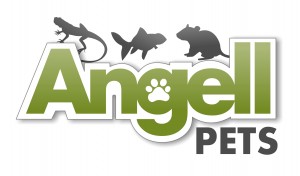Iguana. The very first thing to consider when buying an iguana is its adult size. The commonest species, Iguana iguana gets very large. Females around 5 feet, males 6 to 7. Even though a lot of this is tail they are still a large and bulky lizard. Eventually they are going to need a very large enclosure (small room size) so don’t get one if you can’t accommodate this amount of space. If you are sure you can then read on.
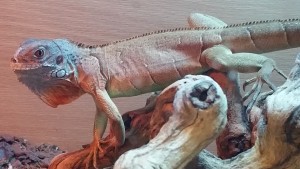
The next thing is longevity. 12 to 15 years is the norm, 20 years is possible in captivity. So the room you have decided to set aside for the iguana when it reaches adult size needs to remain a “spare room” for that length of time. One of the commonest things we hear is “Do you want my” boa, python, monitor lizard, even bearded dragon. “We’ve a baby on the way and we need the room now”. Things change, who knows what they are going to be doing five years from now, let alone 20. You need to factor your responsibility to your animal into your plans. If you have the space and a contingency if things should change then read on.
An adult iguana is a large animal with powerful jaws, claws and a long tail, which it can use as a very effective whip in defence. Regular short periods of handling when young, so the iguana gains confidence in its owner, will stop it getting truly aggressive but you need to be confident in yourself in handling a large animal. If you have never owned a lizard before (they are very fast as well, especially as youngsters) then think about getting something a little easier first to gain experience. OK, you’re confident you have the space, can accommodate the iguana in any changes that may occur and are sure you can handle such a large beast, what do you have to do to look after it?
Firstly source your iguana. Get a captive bred one. They are generally more docile, do better in captivity, don’t come with a full load of parasites and you will not be contributing to environmental damage. If you buy one on line or on social media from someone who just needs to “get rid” then how confident are you going to be that such an unwanted iguana has been properly looked after. Of course this is true of any animal, not just an iguana. I have seen corn snakes that have been kept in shoe boxes under the bed and just chucked a mouse every few weeks when the “owner” has remembered, bearded dragons with MBD because the UVB lamp has never been changed since they got the lizard, so called breeders who don’t even have the necessary equipment for the babies so just try to sell them off as quickly as possible so they don’t have to get any and so on and so on. Make sure you are using a reliable source, that has a premises you can visit and see the iguana as they are being kept and have the knowledge and experience to give you the advice you need and importantly, with a written iguana livestock policy. If the seller cannot give you the information you require, don’t buy from them as they cannot have been looking after the iguana properly themselves and you could be buying a problem. If there is a problem, how likely is it you can return the iguana? We want to see you too. We don’t sell our animals on line as we feel we have a responsibility to the iguana not to be selling it to someone who cannot look after it. Buy from someone who knows and who cares.
Housing
As already discussed your are going to need a very large enclosure (up to 12’x6’x6′ for a large adult male iguana) eventually. However a baby iguana is going to look lost in such an enclosure and there are other reasons for starting out in a somewhat smaller vivarium. Firstly it is supposed that a baby iguana can sometimes find it difficult to find the food and water in a large enclosure. Certainly not the ones we have had! Also you wonder how the wild ones get on outside. I think that is maybe truer for animals that have to hunt insects. That said, why take a risk when there are other reasons to start smaller. Catching a nervous baby iguana is not easy in a large space. I am getting on now and bending down is not as easy as it once was. I had to try to catch an iguana in the shop that escaped whilst a customer was viewing it the other day and could only do it once I had in cornered in a smaller space. Much easier to catch an iguana in a smaller vivarium. Also catching them will be quicker and therefore less stressful to the iguana. You are trying to get it used to being handled and not to see you as a threat. Much better they get used to you opening the viv’ and just quickly picking them up than chasing them round a room first.
Heating
The iguana comes from tropical and sub tropical America (mainly central and south). They like it warm and humid. A basking area hot spot of up to 48C dropping to 25 and the coldest end. Heating is best achieved with lamps although some background heating may be required in a larger enclosure. Importantly there must be a temperature gradient with areas for the iguana to sit in so it can move around the enclosure to regulate its body temperature. They do better with heat coming from above. A heat mat on the floor can result in thermal blocking with any larger animal so if using a mat for overnight temperature in a smaller vivarium, have it mounted on the end wall, off the floor so the iguana cannot lay on top of it and overheat. A UVA basking light for daytime heat and an infra red lamp or ceramic heat emitter for night time heat is ideal, although you do need to ensure the iguana cannot touch the lamp and burn. In the adult enclosure more than one lamp or heat source will be necessary. Only one may heat the animals head but it is 6 feet long so the body would not get any benefit. In other words increase the size of the basking area as the iguana grows. Keeping any animal at such high temperatures is almost impossible without some way of controlling the temperature. Ambient temperature is going to change. A heat source that achieves 45C on a cold winters night is going to be considerably hotter on a hot summers day so a thermostat is essential. Overheating will kill an iguana much quicker than it being kept too cool.
Lighting
An iguana is a diurnal lizards. They are active during the day (they have an organ under the skin on the top of their heads often called a third or parietal eye that detects light and some movement). An iguana will also require UVB lighting. This is not the light provided by the basking spot lamp (unless you use a combined heat and UVB lamp). Normal basking lamps DO NOT provided UVB light although some do provide UVA. UVB is essential for allowing the iguana to manufacture vitamin D3 in its skin. Vitamin D3 is used in the metabolism of calcium from the diet. Without a good source of UVB the iguana cannot get calcium from their food and their bodies will then start to scavenge it from the only source left which is the bones. This leads to metabolic bone disease (MBD) and can be fatal. It is even more likely in a growing iguana as the calcium demand is higher. Of course in the wild they are in full sunlight and you cannot get a better UV source than that (so taking your iguana into the garden on a hot summers day is a good thing – do make sure you don’t have toxic ornamental plants though).
One thing often overlooked is that UVB bulbs and tubes, whilst they may carry on working as a light source, stop giving out UVB after a while (depending on which type). After 6 moths UVB tubes start to deteriorate and after a year are not producing any appreciable UVB light at all. You will need to change tubes at around 9 months usage, so make sure you record when you last changed the lamp. Also UV does not travel very far from the source. Having a lamp on the top of a 6 foot high enclosure and expecting the UVB to reach an iguana on the ground is beyond wishful thinking. You will need to provide a basking area close (around 12 inches) to the UVB lamp to ensure the iguana is getting enough to manufacture vitamin D3. This is OK as iguanas are mostly arboreal and so will spend most of their time on strategically placed branches and ledges.
Substrate and decor
Substrate choice is always a subject that creates debate (or in a lot of cases out and out slanging matches). I have my own personal preferences and my own reasons for that choice and you may have yours. As I don’t know your choices and reasons I will give mine instead. Certainly for a smaller enclosure I prefer bark chips (also known as orchid bark). I like it as it looks natural and also as it can help maintain the humidity of the vivarium by retaining some moisture. There is a perceived risk of an iguana accidentally ingesting it and subsequent impaction but I have never known this and by using a large food bowl and disposing of uneaten, spilt food this can be avoided. Sometime I have mixed it with coir (coco fibres) to make it go further and sometimes added a layer of dead leaves or moss for an even more natural look, particularly when going the whole hog and setting up a naturalistic environment complete with detrivores to clean up the poop and waste food. However that’s a subject on its own so I won’t cover it further here. In a large adult iguana enclosure this can get expensive and lots of people use just newspaper. Normally I am not a fan as I don’t like the look of it and the animals cannot get a grip on the surface. However with iguanas they are not going spend enough time out of the branches for that to be a problem. I still don’t like the look though. Some people use straw or alfalfa pellets. Again not my favourite. There is little risk if ingested as, after all, it is just food. However any water spilt on it turns it to mush and it can then smell. Of course you don’t have to use anything in a large enclosure, just have a surface that is easy to wipe clean but do keep it clean!
As already stated, an iguana needs branches and ledges to climb around on (hence the need for height in their enclosure). Artificial greenery (personally, I prefer silk plants to plastic) works well and looks good. If you are going to use real plants make sure they are not toxic as the iguana will at least try to eat them. Any thing purchased from a garden centre will have been sprayed with pesticide and may also have pesticide in the soil of the pot. Go organic. Whichever you choose, the more the merrier. A young iguana especially will appreciate the hiding spots.
Food
The iguana is a vegetarian, completely. Yes in the wild they are bound to eat the odd insect or slug that is on their food but only by accident. Feeding animal protein in any amount will lead to renal problems as the kidneys are overloaded.
90% of the diet needs to be green fibrous food such as rocket, lettuces, kale, dandelions etc. The other 10% can be made up of squashes, cucumber, grated carrot etc. and small amounts of fruit (ours love a bit of mango). Go easy on the fruit though, as too much can upset the stomach which is not good for the iguana and you are the one that has to clear up the resultant mess. There are also commercially prepared iguana packaged foods available. Whilst I would not advocate feeding these exclusively to an iguana, they make a good “cupboard staple” for those times when, for whatever reason, you just can’t get out to get some fresh food. Our iguana likes tortoise pellets now and then and since these contain calcium and vitamin supplements they make a good occasional treat.
Supplementation of the food with calcium powder and occasionally vitamin powder will ensure a healthy iguana throughout its life.
Whilst small, chop the food up quite finely. They don’t really chew as such and will swallow lumps whole, so keeping the pieces small will only help. Always feed good quality food fresh. Remove any uneaten food before it goes nasty and it is an artificially hot environment, it will go nasty quickly.
Always provide fresh water daily. A bowl large enough for a youngster to get into is good. Regular misting will also help maintain humidity (which helps when shedding skin) and ensure youngsters are getting water to drink. You can adjust humidity further by moving the water bowl. At the cool end there will be less evaporation than in the hot end.
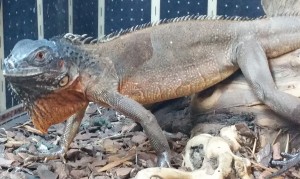
With proper care and handling IGUANAS do make good pets. They do seem to get to recognise and interact with their owners and each has its own unique character. Unless you are very experienced though (and if you are you probably wouldn’t be bothering to read this) avoid getting an adult. If it hasn’t been properly looked after it is likely to be aggressive and such a powerful animal is going to do some damage. Always see and handle any animal first, before committing to buy. Above all appreciate you are taking over responsibility for the animal when you buy it and all that entails. If you are not sure you have the space, time and finances don’t.
The Angell Pets Team

